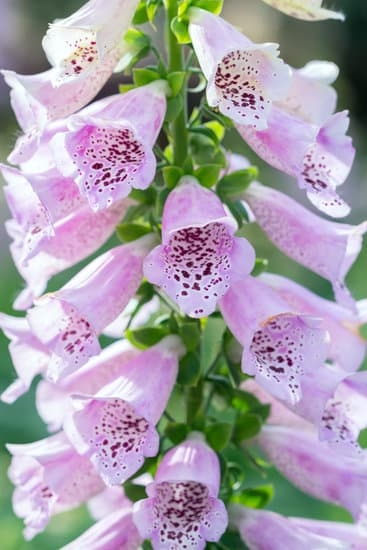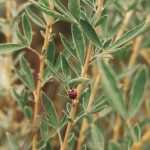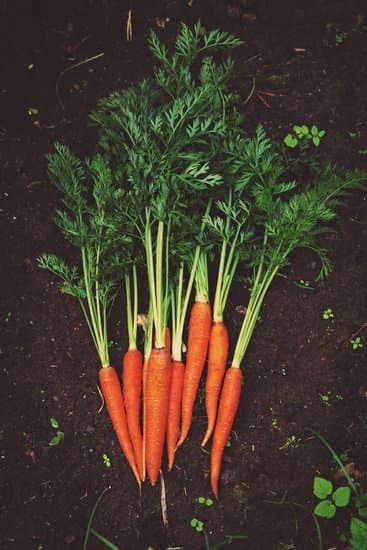Introduction
This blog post covers everything you need to know about gardening, with a focus on trivia questions related to the topic. This post looks at what gardening is, its history and some of the benefits it provides. It then delves into a varied selection of interesting gardening trivia questions and answers, offering something for beginners and experienced gardeners alike. So let’s dive in and find out how much we can learn about the wonderful world of gardening!
Warm-up Questions
The purpose of these warm-up questions is to introduce the topic of gardening, providing a basic understanding of some of its concepts before moving on to more difficult ones.
Warm-up Questions:
1. What is the difference between annuals and perennials?
2. How many hours of direct sunlight does a vegetable garden typically need?
3. What are some common techniques for soil preparation before planting?
4. What is an important safety precaution to consider when using fertilizers or pesticides in the garden?
Plant Identification
Answering questions relating to plant identification is important because it helps to increase the knowledge base of a gardener. With a better understanding of different species of plants, gardeners can make more informed decisions when selecting which type of plants would work best in various types of gardens and environment. Knowing the identifying characteristics and requirements for different plants also allows optimum care for each garden species. Understanding individual plants enables more effective pest management strategies as well, helping ensure healthy plant life and an overall successful gardening experience.
Garden Maintenance
1. What is the most common method for pruning shrubs?
Answer: The most common method for pruning shrubs is to remove any dead, damaged, or diseased branches first, followed by removing overly long branches and shaping the shrub.
2. What type of fertilizer works best for rose bushes?
Answer: For rose bushes, a balanced fertilizer with an equal ratio of nitrogen, phosphorus and potassium typically works best.
Garden Design
Types of design elements that could be discussed in relation to garden design include: outdoor lighting, seating options, water features, paths and walkways, fences and gates, furniture placement and position, raised beds and planters, lawn maintenance methods and materials, canopy trees for shade or wind protection. Additionally, other elements to consider could include color selections for hardscapes (stone walls/pavers/decking etc.), flower/hedge placement and pruning techniques; usage of wildlife friendly habitats; soil treatments and composting processes; plant selection based on local climate; outdoor cooking appliances; irrigation systems; focal points such as a pond or fountain.
Vegetable Gardening
Vegetable gardening is the process of growing vegetables in a garden or other cultivation space. The goal is to produce healthy vegetables that are suitable for eating. Vegetable gardens require knowledge of soil types, irrigation systems and drainage, sun exposure, varieties of plants, and harvesting techniques to ensure success. Answering trivia questions about vegetable gardening can help gardeners understand how to create a successful vegetable garden by studying what has been done before and taking note of best practices from experienced growers. Asking the right questions can also provide gardeners with valuable insight into things such as proper fertilizing techniques, spacing requirements for different types of crops, which pest control methods work best, and how to prepare the soil prior to planting. Knowing what type of vegetables grows best in specific regions, soil types, and climates can help minimize potential issues like drought-like conditions or fungus infestations. Therefore, it is essential to ask the critical questions related to vegetable gardening before deciding on a course of action.
Fertilizers
Organic fertilizers are derived from natural sources and include materials such as manure, composted plant clippings and seaweed extract. These materials provide essential nutrients for plants to help them grow. They also improve the texture of the soil, allowing it to better absorb water and air.
Chemical fertilizers are made of chemical components like ammonia, nitrates and phosphates. These provide necessary plant-essential nitrogen, phosphorus and potassium, but may also contain other elements like calcium, magnesium and sulfur which are important for green growth and flower production. These chemical fertilizers work quickly in comparison to organic ones as they can be absorbed directly into the soil with less work. However, they can lead to environmental issues if not used carefully due to over-fertilizing or runoff pollution.
Common Garden Insects
Question 1:
What are two of the most common garden insects in the United States?
Answer: Two of the most common garden insects in the United States are aphids and whiteflies.
Wrap-Up
For those who have enjoyed this trivia, there are plenty of resources available to learn more about gardening. From books to podcasts and gardening specific websites, you can find all kinds of interesting facts, helpful tips, and the latest news related to gardening.
Gardening guides such as the Royal Horticultural Society or Gardeners World both provide a vast collection of information for newcomers to experienced growers alike. There is also an abundance of local plant societies and gardening clubs nationwide that offer advice and regular events for members to get together and exchange ideas on their favourite hobby.
For podcasts, there are a wide selection, ranging from those with interviews from industry professionals about their own gardens and plants for beginners, to expert panel discussions about the latest innovations in plant science. Many podcasts also feature visits from famous gardeners that share stories from their own experiences in the garden.
Finally, there are many fantastic websites out there dedicated to helping gardeners build an amazing outdoor space. These sites have blogs, forums, product reviews shopping lists – even recipes – everything anyone needs to become a successful gardener.
Conclusion
Here are some ways readers can apply their new knowledge about gardening to their own practices:
1. Start a container garden in an area with limited space outdoors.
2. Plant flowers that attract pollinators like butterflies and bees.
3. Incorporate companion plants into your garden beds to provide natural pest control and boost soil health.
4. Get creative with crop rotation to help keep nutrients in your soil balanced for optimal plant health.
5. Utilize vertical gardening techniques on walls, fences, and other exterior spaces for higher yields from smaller spaces.
6. Take advantage of efficient irrigation features like drip irrigation or soaker hoses to conserve water in your garden this season.

Welcome to my gardening blog! I am passionate about plants and enjoy sharing my knowledge and experiences with others. In this blog, I will write about everything related to gardening, from tips on how to get started to updates on my own garden projects.





